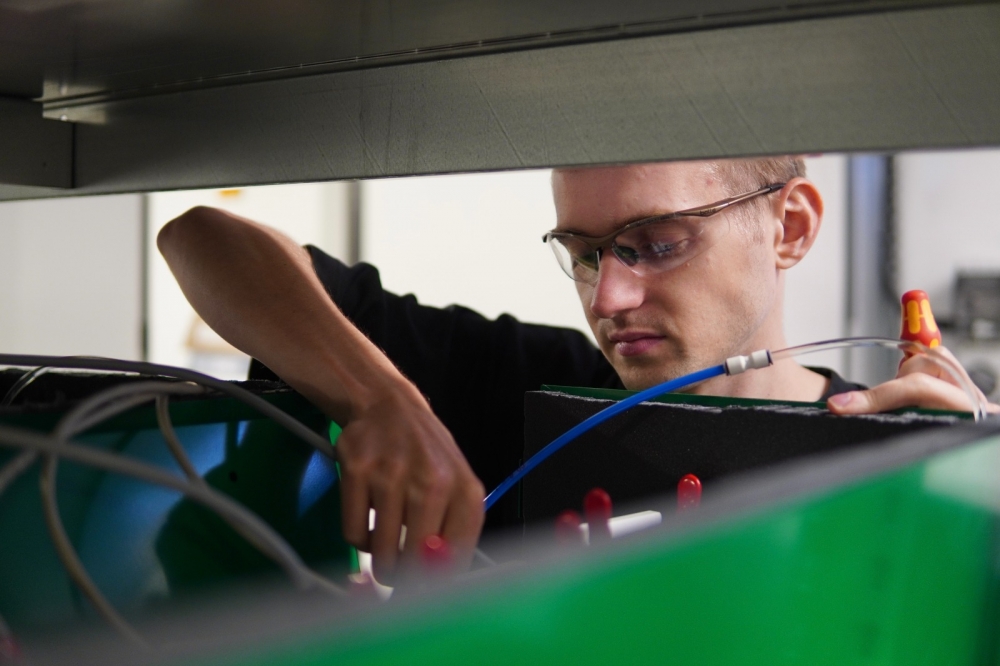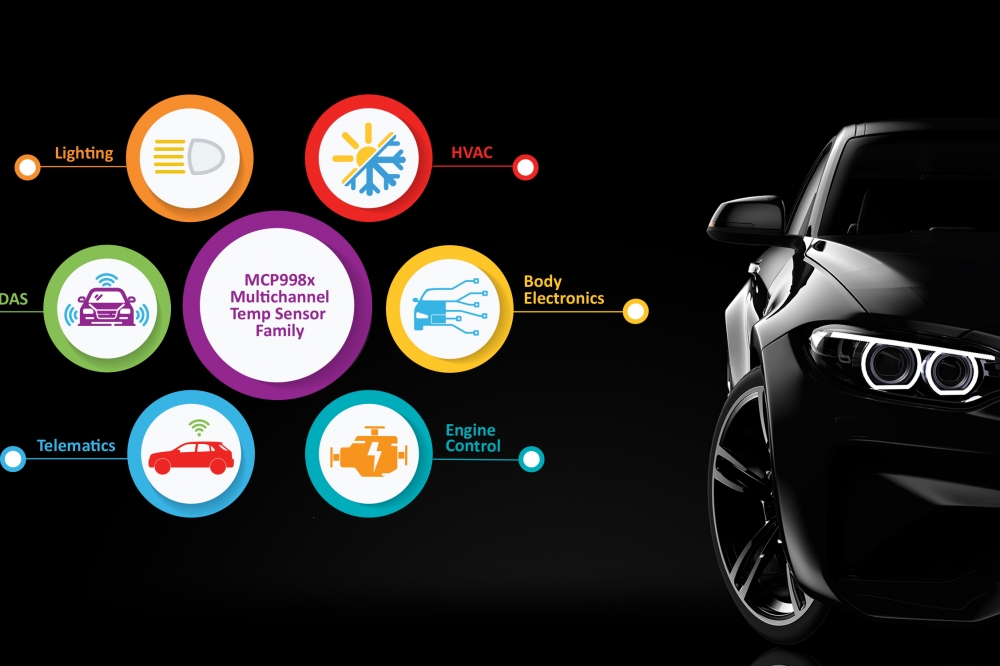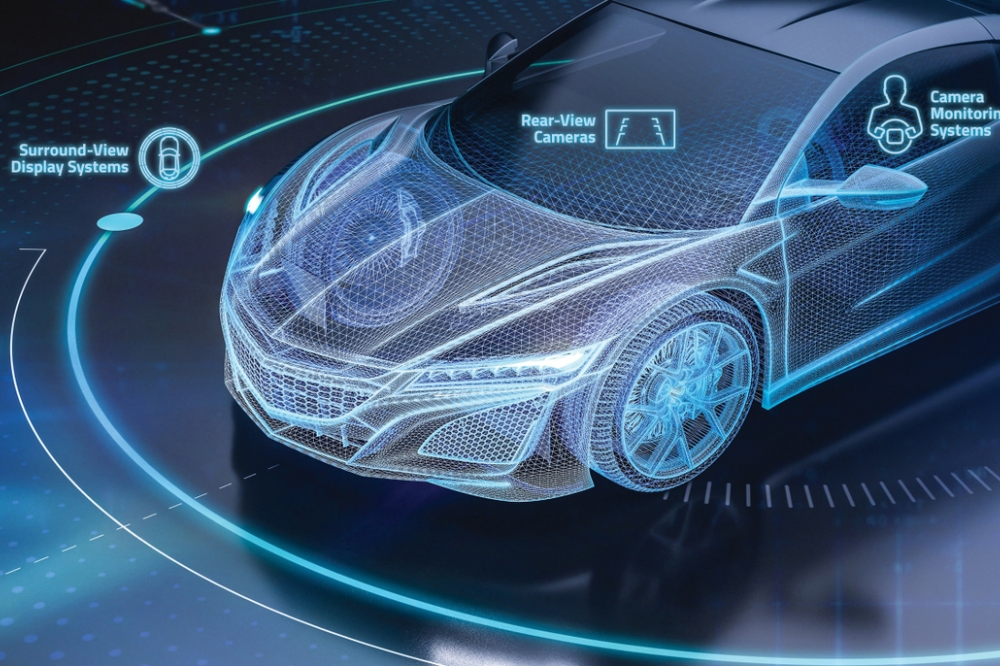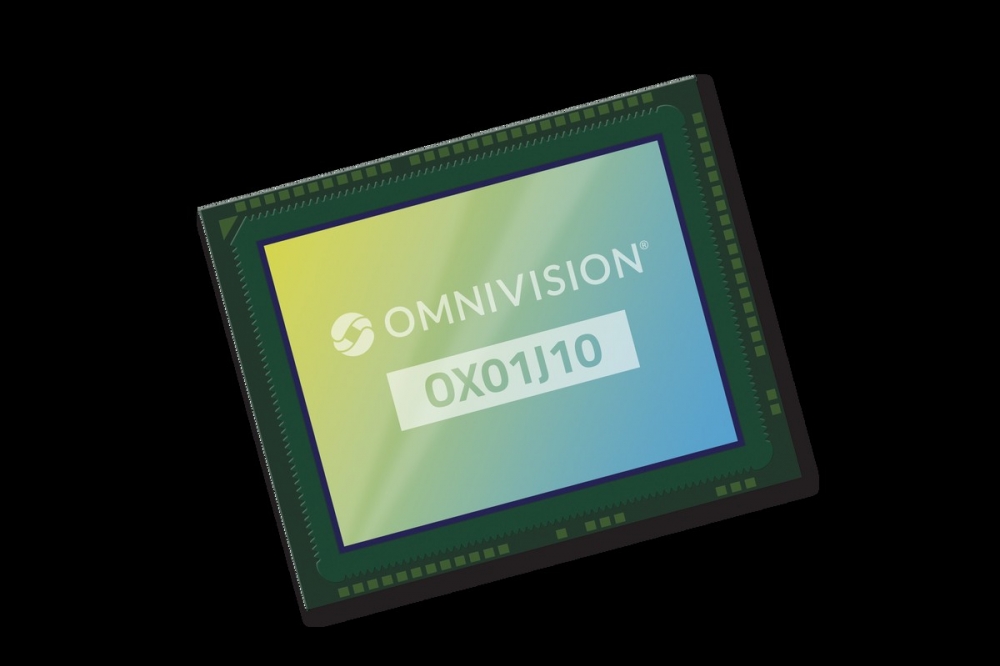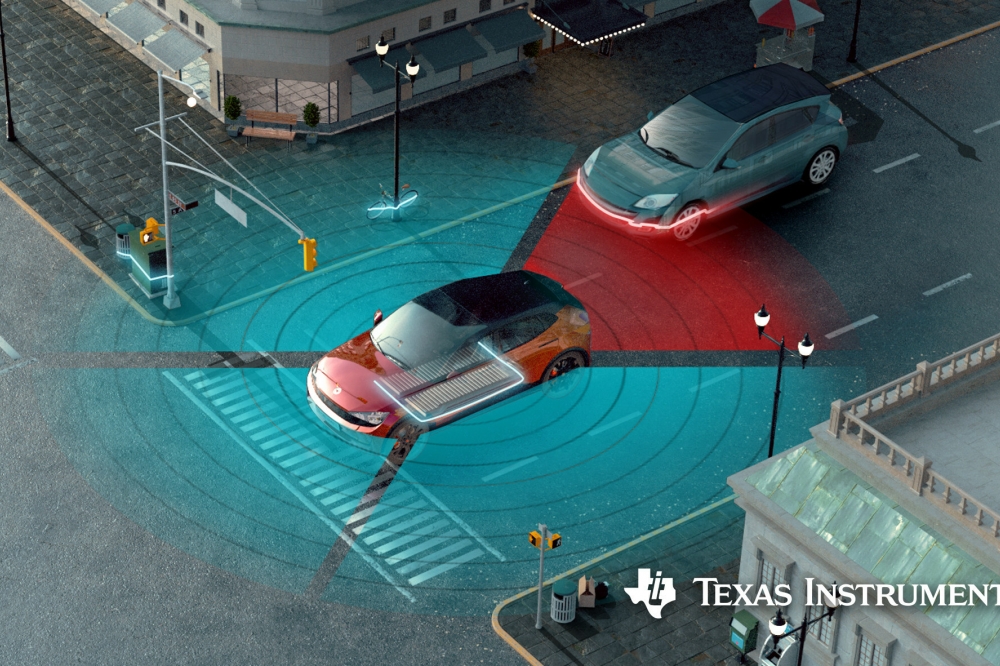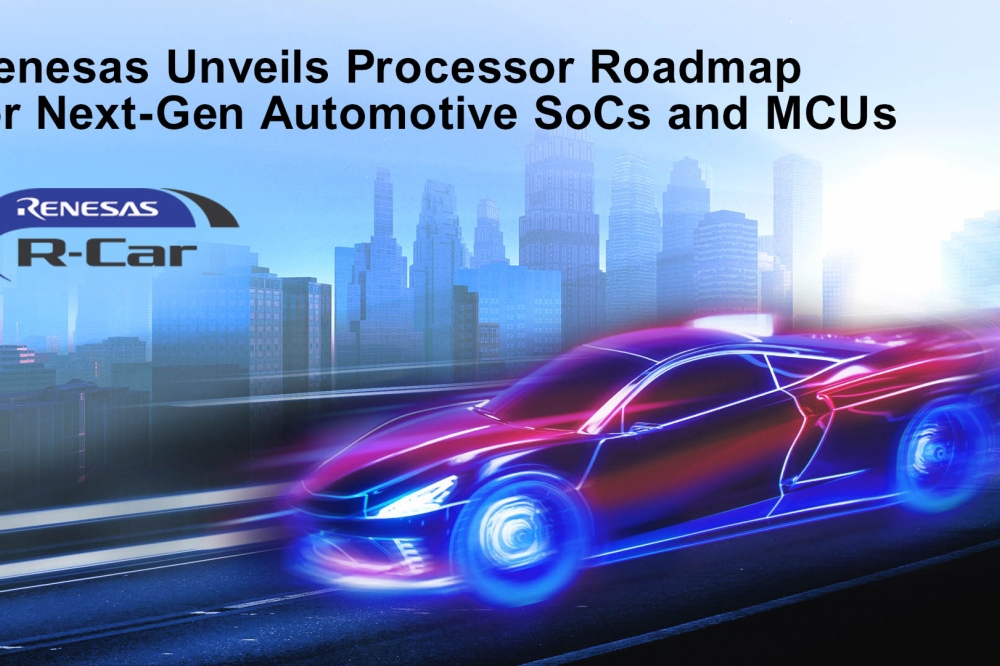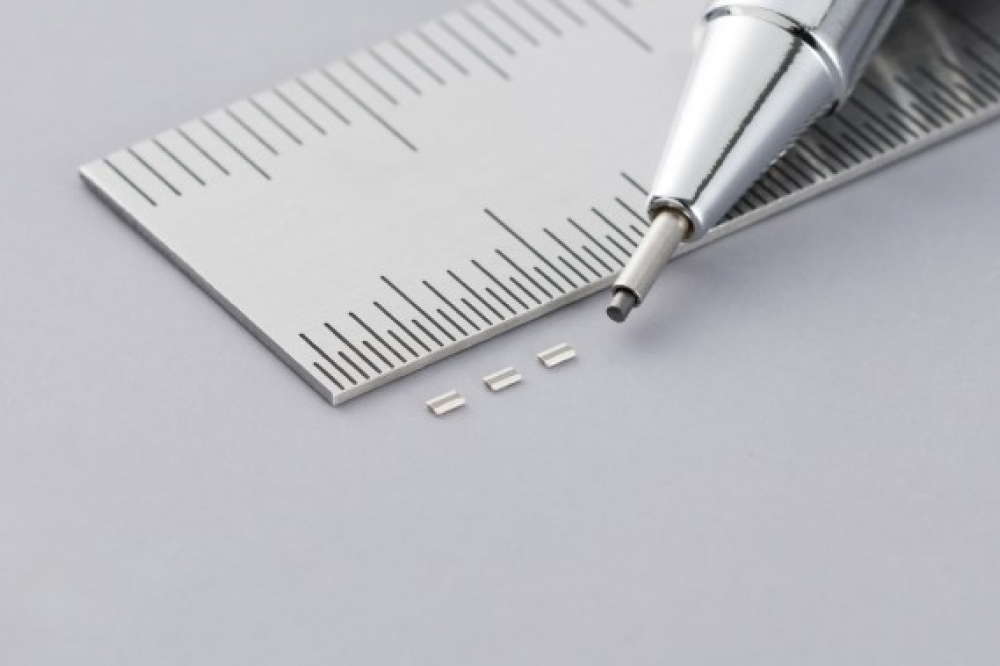Freudenberg and FlixBus cooperate to develop fuel-cell coaches
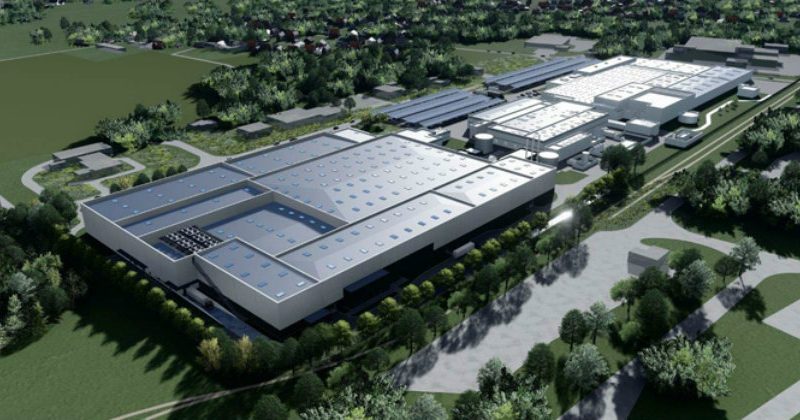
FlixBus and Freudenberg Sealing Technologies are collaborating on a future-oriented project for sustainable, CO2-free mobility.
Together, Europe’s largest operator of long-distance bus travel, the FlixBus brand, and global technology specialist Freudenberg Sealing Technologies are working to put fuel cell-powered coaches on the road.
The two companies will further extend their partnership in the near future through participation from a bus vehicle manufacturer. FlixBus and Freudenberg are holding talks to finalise project parameters.
Collaboration between FlixBus and Freudenberg will take these even further, said Fabian Stenger, Managing Director of FlixBus DACH. “We want to help shape the future of mobility. The modern FlixBus and FlixTrain fleet is already extremely environmentally friendly. Nevertheless, we are constantly asking ourselves how we can make travel even more sustainable and further reduce CO2 emissions per capita. Following the successful launch of three electric long-distance buses, we now want to develop the first long-distance bus with fuel cell drive together with Freudenberg and set another milestone in the history of mobility.”
Against the background of ever-stricter CO2 limits, Freudenberg Sealing Technologies has been helping car and commercial vehicle manufacturers address fuel consumption and emissions requirements with innovative sealing solutions for decades. At the same time, the Freudenberg Group began researching alternative drive concepts as early as the mid-1990s, developing technically sophisticated components for fuel cells and batteries.
In early 2018, Freudenberg Sealing Technologies further strengthened its fuel cell expertise by acquiring a fuel cell manufacturer. During the same period, the company also expanded its technological expertise in battery technology by acquiring a minority interest in US battery manufacturer, XALT Energy. Freudenberg Sealing Technologies now holds a majority stake in the company.
These strategic acquisitions have solidified Freudenberg Sealing Technologies’ position as a provider of fuel cell and electric battery powertrain solutions. The company is pursuing integrated battery-fuel cell systems that will address power, base load and unique operating cycles in a range of heavy-duty applications that include truck, bus, commercial marine and rail transportation. Through unique vertical integration, Freudenberg Sealing Technologies will become a single source supplier of complete battery, fuel cell and hybrid energy systems that include all of the components, modules and subsystems necessary for their operation.
This gives Freudenberg Sealing Technologies an industrywide, unique in-house depth of value added in both batteries and fuel cells. This ranges from the separator to the cell to the complete battery system or from the gas diffusion layers (GDL) to the membrane electrode assembly (MEA) and the stack to the finished fuel cell. The modular systems can be customised to accommodate different performance requirements that offer customers better efficiency, value and total cost of ownership opportunities for their unique circumstances.
“The technical requirements for performance and long-term reliability are particularly high in heavy-duty businesses. This is in line with our technological and innovation expertise,” said Claus Möhlenkamp, CEO of Freudenberg Sealing Technologies. “We see the fuel cell in combination with electric batteries as an integral part of the mobility of the future. With FlixBus, we have found a partner for this zero-emission application and are looking forward to working together on this groundbreaking project.”
FlixBus has clearly defined the requirement profile for its vehicles. Performance characteristics such as acceleration should correspond to those of today’s diesel-powered, long-distance buses that are compliant to the Euro IV standard. These fuel cell vehicles should cover at least 500 kilometres of continuous use without refueling. Hydrogen refueling, itself, should be possible in 20 minutes or less – a time similar to what is required to refill a diesel fuel tank.
The hybrid system, which intelligently combines battery and fuel cells, can be used in long-distance bus transportation and heavy commercial vehicle applications. Initially, a representative bus fleet of 30 vehicles will be equipped with a hybrid powertrain to validate system performance. The two companies are also aiming for public funding within the framework of the German “National Innovation Program Hydrogen and Fuel Cell Technology” (NIP). The aim is to ensure that this technology quickly reaches market maturity and thus makes a significant contribution to reducing CO2 emissions in the atmosphere.
What is being set in motion with Freudenberg and FlixBus in Europe could well travel to new continents and eventually encompass clean rail transportation as well.
Freudenberg and FlixBus cooperate to develop fuel-cell coaches
Modified on Tuesday 3rd September 2019
Find all articles related to:
Freudenberg and FlixBus cooperate to develop fuel-cell coaches


 Add to my Reading List
Add to my Reading List Remove from my Reading List
Remove from my Reading List